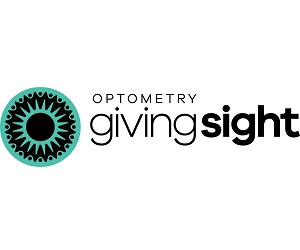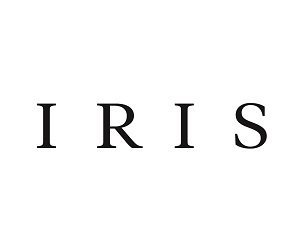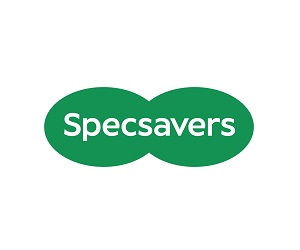Practicing optometry in Peel since her residency in 2005. She was born and raised in Brampton.
Founding Vice President of COVT&R, now know as Vision Therapy Canada (VTC), now President of VTC.
Lead instructor for Practical Vision Therapist Accreditation Program (PVTAP).

Dr. Virginia Donati
Optometrist, FCOVD
University of Waterloo, Bachelor of Science
Optometry, Pennsylvania College of Optometry
President of Vision Therapy Canada
Why did you choose your field?
I actually decided that I was going to be an optometrist when I was 10 years old. I remember the day very clearly. My mother took me to the optometrist (my first visit since pre-school) and I was in awe of all of the machines and lenses and knobs. When he was done, he put a trial frame on my face and I almost cried. To me, he was a hero! That afternoon, I asked my mother to take me to the library so that I could research what I needed to do to become an optometrist like him. Many years later, he also gave me a summer job at his front desk, an extern position for high-school co-op, and wrote a reference letter for me for optometry school. A special thank you to Dr. R. Lapienis!
What is currently the most exciting thing in your field to help patients?
The most exciting thing for me is the Vision Therapy scope. When you see patients who are incredibly symptomatic, or those whose struggles they didn’t even know were due to a vision problem, and intervene with treatment that provides relief, it is an incredibly rewarding experience. In our profession, Vision Therapy remains underutilized and under-prescribed. My wish and hope for our profession is that more optometrists learn about what it is that Vision Therapy can provide for patients and that more optometrists start to provide Vision Therapy in their practice. We need many more providers across the country!
What advice would you give a new grad today?
I would say that new grads shouldn’t be satisfied to sit around and refract all day. Find a niche, a “specialty” area of our profession which you are passionate about and educate yourself. Whether that’s Vision Therapy, low vision, contact lenses, dry eye, etc. Find something that you find mentally stimulating, fun and that brings you joy. When you do that, every day is different and every patient a new adventure. You will never work a day in your life!
What is something you believed to be true for a long time only to find out you were wrong?
I believed that “the” prescription was what you measured in the phoropter. In reality, it’s really a negotiation between what you measure and what you know the patient is truly asking for. It’s a mix between the patient’s vision system and your expertise. There’s a certain amount of artistry and individuality to it. To ignore this fact is to become a living auto-refractor and to become obsolete.
What is one thing you own that you probably should throw away but never will?
I still have my first pair of glasses from 1989. They’re small, weak, dated and scratched beyond belief, but I can’t bring myself to throw them out. For me, they are a reminder of the awe I experienced that day at my optometrist’s office and a reminder of why I decided optometry was the profession for me. After all, who doesn’t want to feel like somebody’s hero? They are also pretty darned cute!
Tell me something few people know about you.
I actually had a very difficult time in my first year of optometry school. A binocular vision problem caused me to struggle to keep up with all the reading and studying that was required. I sought treatment at my school’s pediatrics department. It was my first experience with Vision Therapy. That intervention allowed me to not only improve, but thrive! It gave me the passion for Vision Therapy that I carry with me today. Looking back, I actually feel very lucky to have had that struggle!
What is your favourite past-time/hobby?
I find it incredibly relaxing and therapeutic to crochet. It’s something I taught myself to do when I was expecting my first child and something I continue to do. Some of my earliest work, with all of it’s dropped stitches and uneven tension, is work that I am the most proud of. When I look at it, I see someone who was not distracted by failure. At this point, I wouldn’t say I’m an expert at it, but good enough that I won first prize at my town’s fall fair two years in a row!























